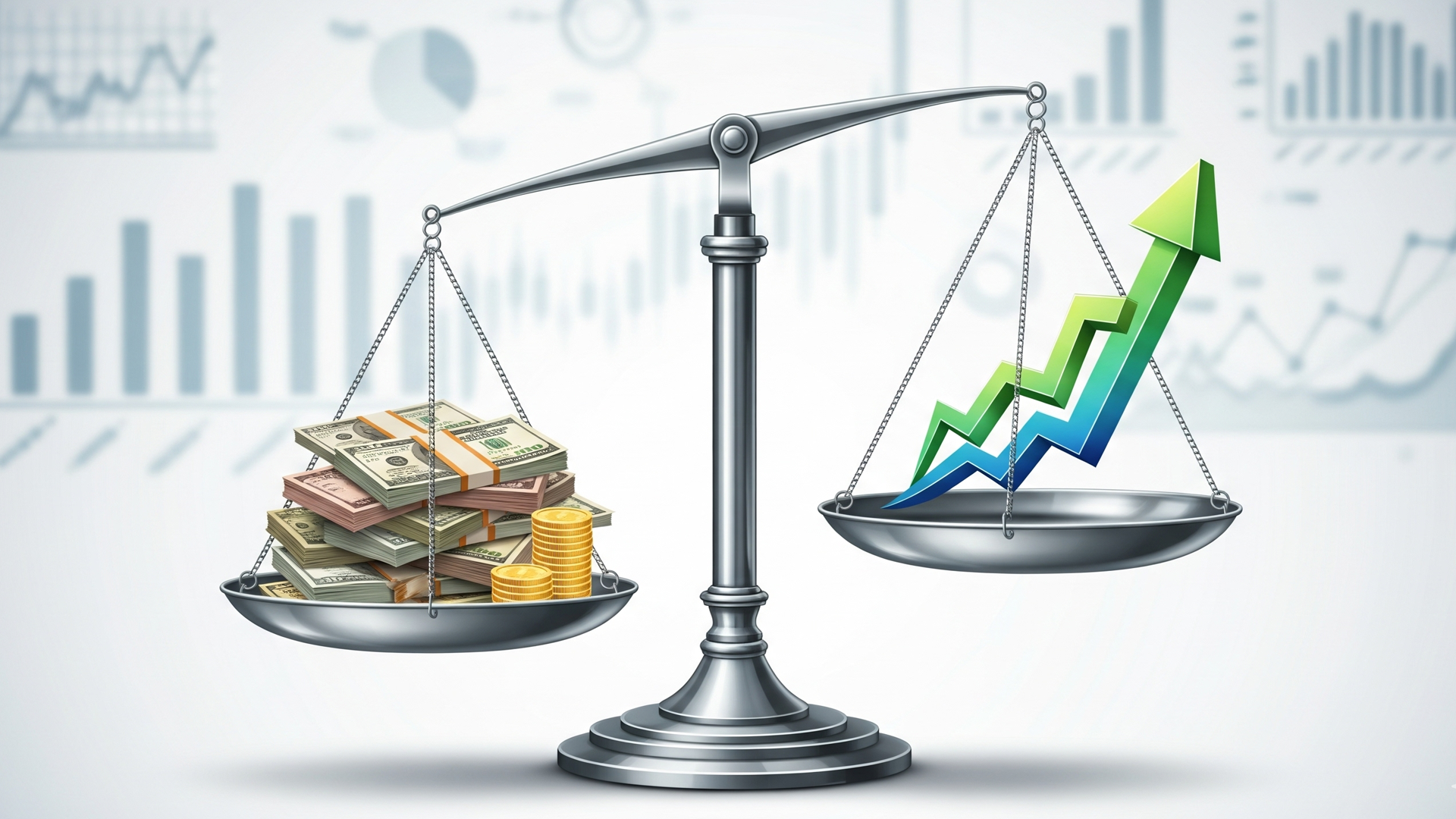SBI Says GST Rate Cuts to Have Minimal Revenue Impact, Boost Growth
The report also highlighted that GST rationalisation has significantly lowered the effective weighted average tax rate — from 14.4% at its inception in 2017 to an expected 9.5% now.

The State Bank of India (SBI), in its latest research report, has said that reforms in the Goods & Services Tax (GST) through rate reductions will lead to only a minimal revenue loss of ₹3,700 crore, against the government’s own estimate of a ₹48,000 crore annualised impact.
According to SBI, the growth and consumption boost from rationalisation will offset most of the loss, leaving the fiscal deficit unaffected.
The comments come after the 56th meeting of the GST Council, where the current four-tier tax structure was replaced by a two-tier one. Under the new system, GST will be levied at a standard rate of 18% and a reduced rate of five per cent, with a de-merit rate of 40% applied on select goods and services.
SBI said the move would particularly benefit the banking sector, creating meaningful cost efficiencies.
The report also highlighted that GST rationalisation has significantly lowered the effective weighted average tax rate — from 14.4% at its inception in 2017 to an expected 9.5% now. When first introduced, GST rates were divided into four slabs: five per cent, 12%, 18% and 28%.
Essential goods have been among the biggest beneficiaries. Around 295 items have seen their rates reduced from 12% to five per cent or even zero. As a result, CPI inflation in this category is projected to ease by 25 to 30 basis points in the current financial year.
Overall, SBI estimates that the moderation in inflation from GST changes could range between 65 and 75 basis points over 2026-27.
The healthcare industry has already welcomed the Council’s move to cut GST on drugs and medical devices, calling it a much-needed relief for patients.
Meanwhile, so-called “sin goods” such as tobacco and alcohol remain taxed at the highest slab, now at 40%, to discourage consumption while ensuring higher revenues for the exchequer.